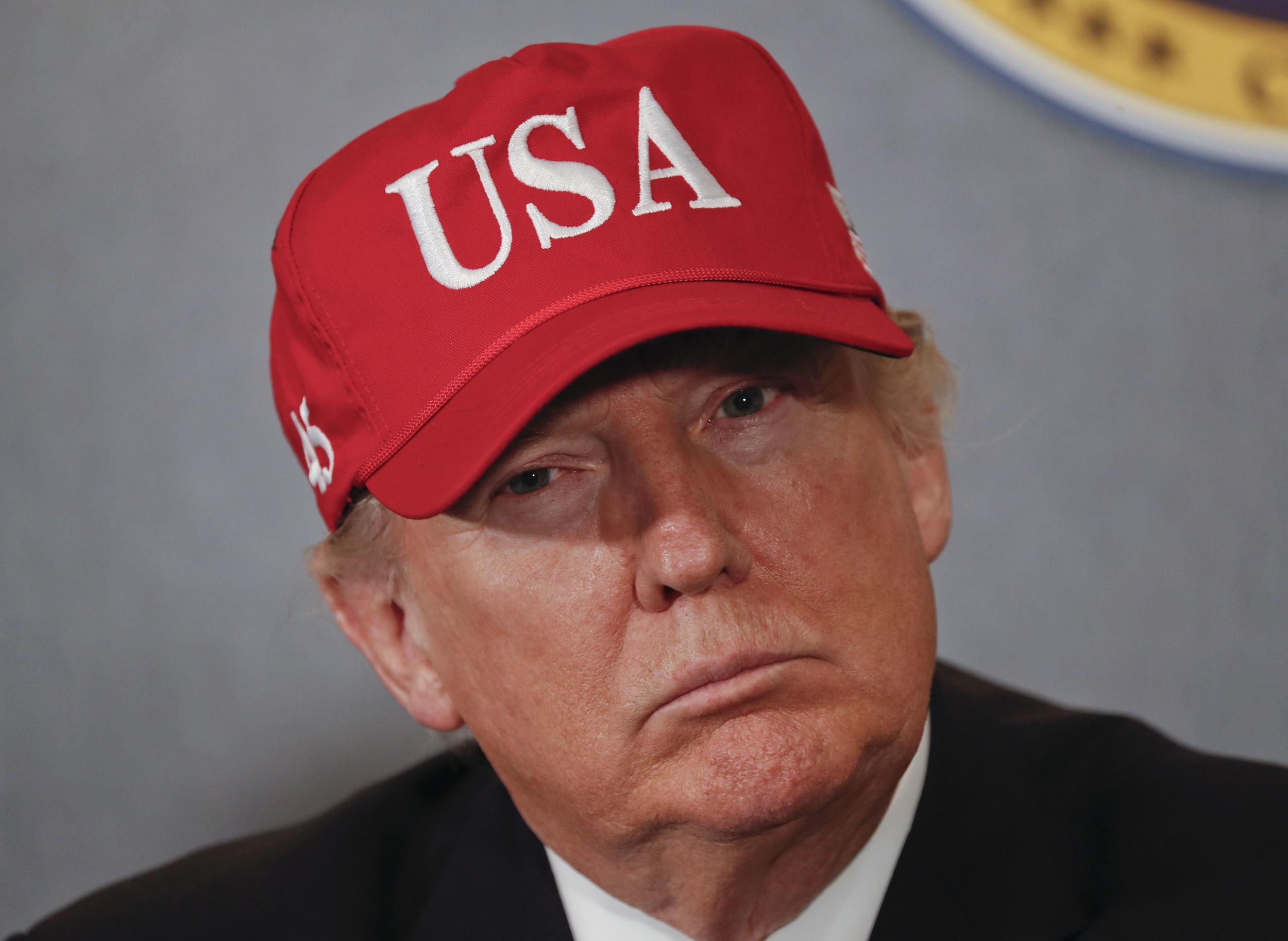Donald Trump's Barack Obama wire-tapping claims: What is a wire tap? When is it legal?
There are two types, criminal and foreign, both of which require reasonable grounds for suspicion to legally secure

Donald Trump's claim that his office was wire-tapped by Barack Obama during the 2016 presidential campaign has been met with scepticism by intelligence chiefs.
Ben Rhodes, the deputy national security adviser under the former US leader, was among a number of experts who pointed out legal restrictions prevent Presidents simply ordering a wire-tap.
Here's how that formal process works in practice – and what it means for the claims made by Mr Trump in a string of tweets about Mr Obama who he described as a "bad, or sick, guy".
There are two types of legal wiretap, criminal and foreign.
A criminal wiretap targets United States citizens suspected of unlawful actions.
The burden of proof is simple: Probable cause that criminal activity is happening, and probable cause wiretapping a specific target will uncover it.
If it was sought through the proper channels, a criminal wiretap on Trump Tower would therefore imply probable cause of criminal activity within its walls.
"Probable cause" is a legal term drawn from the Fourth Amendment of the United States Constitution, but essentially means reasonable grounds for suspicion.
Alternatively, the authorities can pursue a Foreign Intelligence Surveillance Act (FISA) wiretap.
FISA wiretaps are used to gather intelligence on foreign affairs. To secure a warrant investigators must go to a secret court to prove their case.
The burden of proof here is more onerous and differs depending on the target. If they are foreign, investigators must prove they have probable cause to believe they will gather intelligence as a result.
But if the target is a US citizen, permanent resident, "protected person" or corporation, it must be proved they have engaged in espionage in collusion with a foreign power.
Former Director of National Intelligence James Clapper has unequivocally stated: "There was no such wiretap activity mounted against the president-elect at the time, or as a candidate or against his campaign."
Asked if he could confirm or deny whether a federal court had issued a FISA order, Mr Clapper said: "I deny it".
Of course, secret and illegal wiretaps have existed throughout US political history.
Most notably, Richard Nixon oversaw the illegal wiretapping of reporters, government officials and the Democratic National Committee headquarters at the Watergate Hotel.
And there was some verbal sleight-of-hand going on from the Obama camp.
His spokesperson correctly stated that "neither Barack Obama nor any White house under Obama has ever ordered surveillance on any US citizen."
However, the wider Obama administration certainly did engage in ethically dubious wire-tapping, for example when investigating a story about a CIA-foiled terror plot in 2013.
The Department of Justice seized the phone records of Associated Press journalists, and named Fox News reporter James Rosen as a criminal in order to access his private phone records and emails.
At the time, media critics argued the unusual move was intended to boost Obama's reputation by showing he was tough on terror.
But there is a significant leap from here to what Mr Trump is suggesting.
The President is either admitting there was probable cause of domestic crimes or espionage in his office, accusing his predecessor of an outright illegal wire-tap on the scale of Watergate, or showing he has failed to understand the laws surrounding his incendiary accusation.
Join our commenting forum
Join thought-provoking conversations, follow other Independent readers and see their replies
Comments